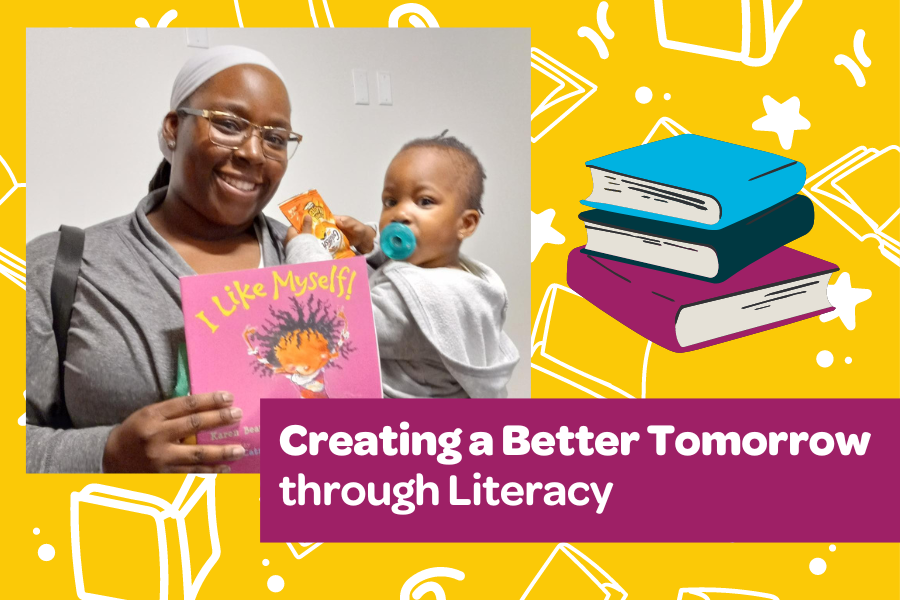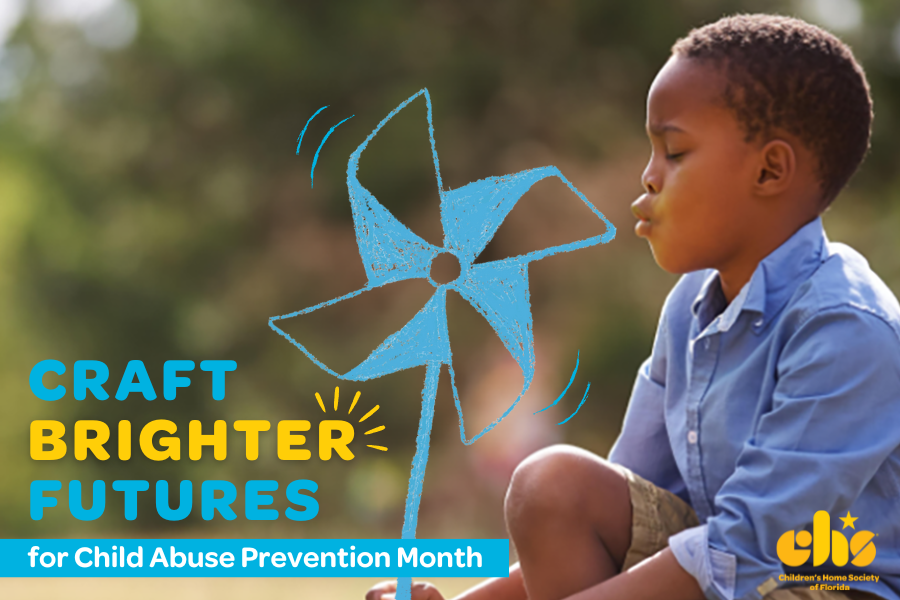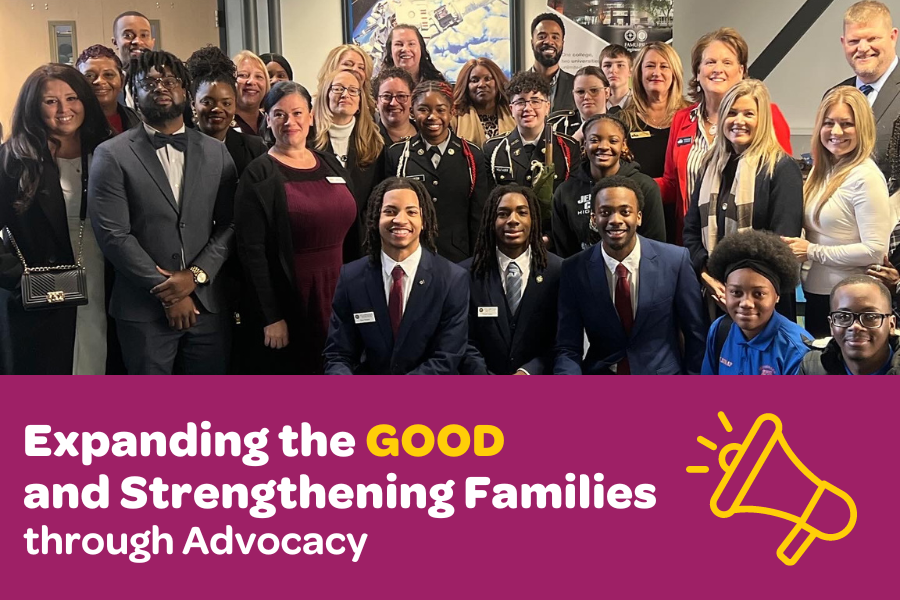There are thousands of local students with nowhere stable to call home.
They spend their nights sleeping in cars, crashing on friends’ couches or struggling to provide for themselves with minimum wage jobs.
“They’re not part of the child welfare system, they’re not part of the juvenile justice system,” said Lindsey Cannon, executive director of Children’s Home Society of Florida Western Division. “These are fine kids who are truly invisible and just trying to survive on the street.”
Too often, children like these can slip through the cracks, but CHS is working to provide these kids a safety net and help them attain stability, safety and self-sufficiency through its M-Power program.
The initiative, which helps homeless and runaway youth ages 16 to 21, is meant to give kids the support they need to avoid falling into a cycle of homelessness, poverty or high-risk behavior.
M-Power participants receive housing of their own or stay with volunteer host families, and they also get support in obtaining a high school diploma or GED certificate, job training and counseling.
“We help them remove whatever barriers that may keep them from graduating,” Cannon said. “We try to make sure they never have to rely on anyone but themselves.”
According to Cannon, one in four children suffer neglect or abuse. That in turn makes them 25 percent more likely to engage in crime, 25 percent more likely to experience teen pregnancy and 20 percent more likely to suffer a mental health crisis.
The McKinney-Vento Homeless Assistance Act — federal legislation aimed ensuring homeless youth receive protection and education — defines homeless children and youth as individuals who lack a fixed, regular and adequate nighttime residence.
It can encompass youth who are literally living on the street, as well as those who live alone or with families in vehicles, campgrounds and hotels. Youth whose family share their dwelling with one or more families are also considered homeless.
There are about 1,800 homeless youth in Escambia County and around 1,600 in Santa Rosa County, according to Cannon.
Margaret McCaskill, 20, found herself among that group after striking out on her own to escape a chaotic home life.
“I grew up with a lady who took me in because my mom didn’t take care of me,” McCaskill said.
The arrangement proved difficult for McCaskill, who said because of her caretakers’ habits and behavior, “I just wasn’t mentally safe or physically safe.”
She struck out on her own last year and found an apartment, roommates and a job. She learned about M-Power through an acquaintance with a similarly difficult home life, and said signing up for the program was a huge help.
“They teach you all the stuff you need to know like budgeting and cooking that they don’t teach you in school,” she said, adding, “You meet people you can talk to that are in the same situation.”
Children’s Home Society is a nonprofit organization that provides an array of child and family-focused services such as counseling, adoption and foster care.
The local M-Power program was launched in 2013 and is funded through a federal grant. It serves about 40 youth a year.
Cannon said members of the community who want to help can learn more about becoming a host family youth by visiting chsfl.org The group also accepts any items a young adult might need for their first apartment or dorm rooms, things like sheets, dishes, towels and clothing.
With a little help, those children who are now invisible will have a chance to shine bright.
“We help them reshape their future,” Cannon said. “We help them learn they have potential. We want them to realize we’re not here for anything but to help them.”
Originally posted by: Pensacola News Journal








